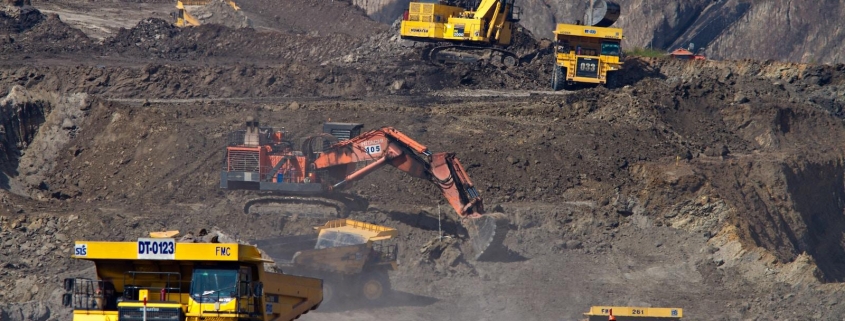I am very conscious about understanding climate change. Reading articles about the impact of technology on climate change is hugely interesting to me. Unfortunately, I came across a study which stresses the environmental impact of Bitcoin which I thought it best to share.
A team at the University of Hawaii Manoa concluded the increasing use of Bitcoin will threaten a catastrophic escalation of climate change. These scientists say the amount of electricity involved in “mining” the cryptocurrency could boost global temperatures by 2033.
But what does ‘mining’ cryptocurrency mean?
I did not understand the scale of cryptocurrency, so I decided to research what this meant.
In essence, Bitcoin purchases create encrypted transactions that are recorded and processed by individuals – known as miners – and they group Bitcoin transactions.
Mining is a distributed consensus system that is used to confirm pending transactions by including them in the block chain. It enforces a chronological order in the block chain, protects the neutrality of the network, and allows different computers to agree on the state of the system. To be confirmed, transactions must be packed in a block that fits very strict cryptographic rules that will be verified by the network. These rules prevent previous blocks from being modified because doing so would invalidate all the subsequent blocks. Mining also creates the equivalent of a competitive lottery that prevents any individual from easily adding new blocks consecutively to the block chain. In this way, no group or individuals can control what is included in the block chain or replace parts of the block chain to roll back their own spends.
In short, Blockchain is finite. It will run out and once it is written it cannot be unwritten or edited. This is an advantage of Blockchain; however, also demonstrates why the electricity demands of mining are high.
What lies ahead for the global climate?
Therefore, it is no shock that the scientific team found Bitcoin activity was responsible for the production of 69 million metric tonnes of carbon dioxide in 2017.
In addition, if Bitcoin is taken up at similar rates to other new technologies, the activity is likely to raise global temperatures by two degrees by either 2040 or 2034 (depending on your optimism).
However, Serviceteam IT’s ‘Beyond the Cloud’ report concluded that not many UK business are currently making use of Blockchain. AI, IoT and RPA were the more popular technologies. Additional interviews demonstrated that not many organisations are keen for Blockchain’s implementation for the next few years. Although Blockchain and Bitcoin are seperate technologies, their implementation will have a similar pace. Therefore, the UK could use this period as a chance to understand how to cut down on CO2 emissions from Bitcoin.
This is especially when considering the 2015 Paris Agreement. The agreement committed 195 nations to stopping global temperatures rising more than 1.5 degrees above pre-industrial levels. The UK needs to ensure that CO2 emissions do not spiral out of control through the pressure of new technologies.
“We cannot predict the future of Bitcoin, but if implemented at a rate even close to the slowest pace at which other technologies have been incorporated, it will spell very bad news for climate change and the people and species impacted by it,” said Professor Camilo Mora, the study’s lead author.
This corresponds with our summer research. In my opinion, if Bitcoin were to take off, the legal, environmental and policy response needs to be planned and appropriate.









Leave a Reply
Want to join the discussion?Feel free to contribute!